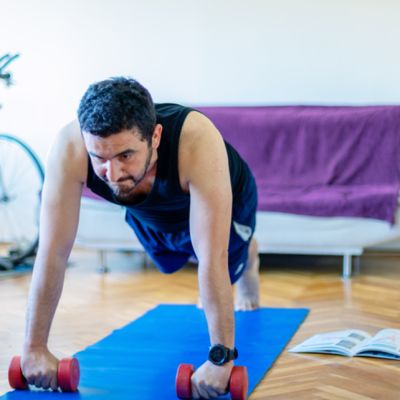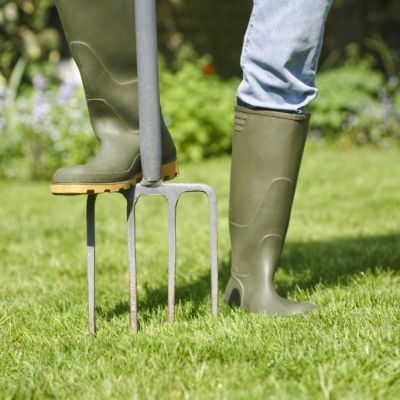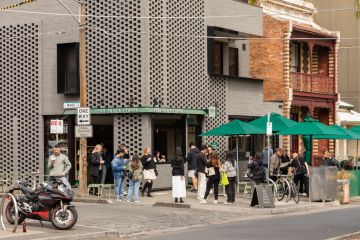How different households are coping with isolation and social distancing

The way we used living has changed, and for how long is still unknown.
What we knew to be our daily lifestyle – from our work routines, to keeping the kids entertained, right down to how we do our grocery shopping – have all been thrown out the window.
So how are different households coping during these days of social distancing? And how have they adapted to the new, albeit temporary, norm?
According to Daisy H of Newtown, Sydney, who lives in a share house with three others, the ripple effect of COVID-19 has been “a roller-coaster of emotions”.

“Initially, we were pretty chill as a household,” Daisy says. “But as the weeks rolled on, we grasped the severity of the situation, and quickly put some house rules in place, including checking in with each other before heading out and grabbing groceries, something we had previously done individually, in order to limit the amount of trips to the store.”
As a full-time freelance photographer, Daisy was the first in the house to lose all work for the foreseeable future, followed by her housemate who is an actress, who has had all work cancelled or put on hold, along with her two other forms of income, including working at a cinema and a pub.
“My other two housemates have been working from home, and while they’re definitely feeling blessed to still have some work, it’s been tricky for them to find a good balance between work hours and daily routines,” says Daisy.
Yet Daisy and her housemates have tried to remain positive throughout it all.
“Being confined to the house, we’re spending a lot more time bonding, like having dinners and drinks together, as well as cute movie nights,” says Daisy. “It’s been a nice balance of people taking the time they need to themselves in their rooms, but also making use of previously neglected common areas.”
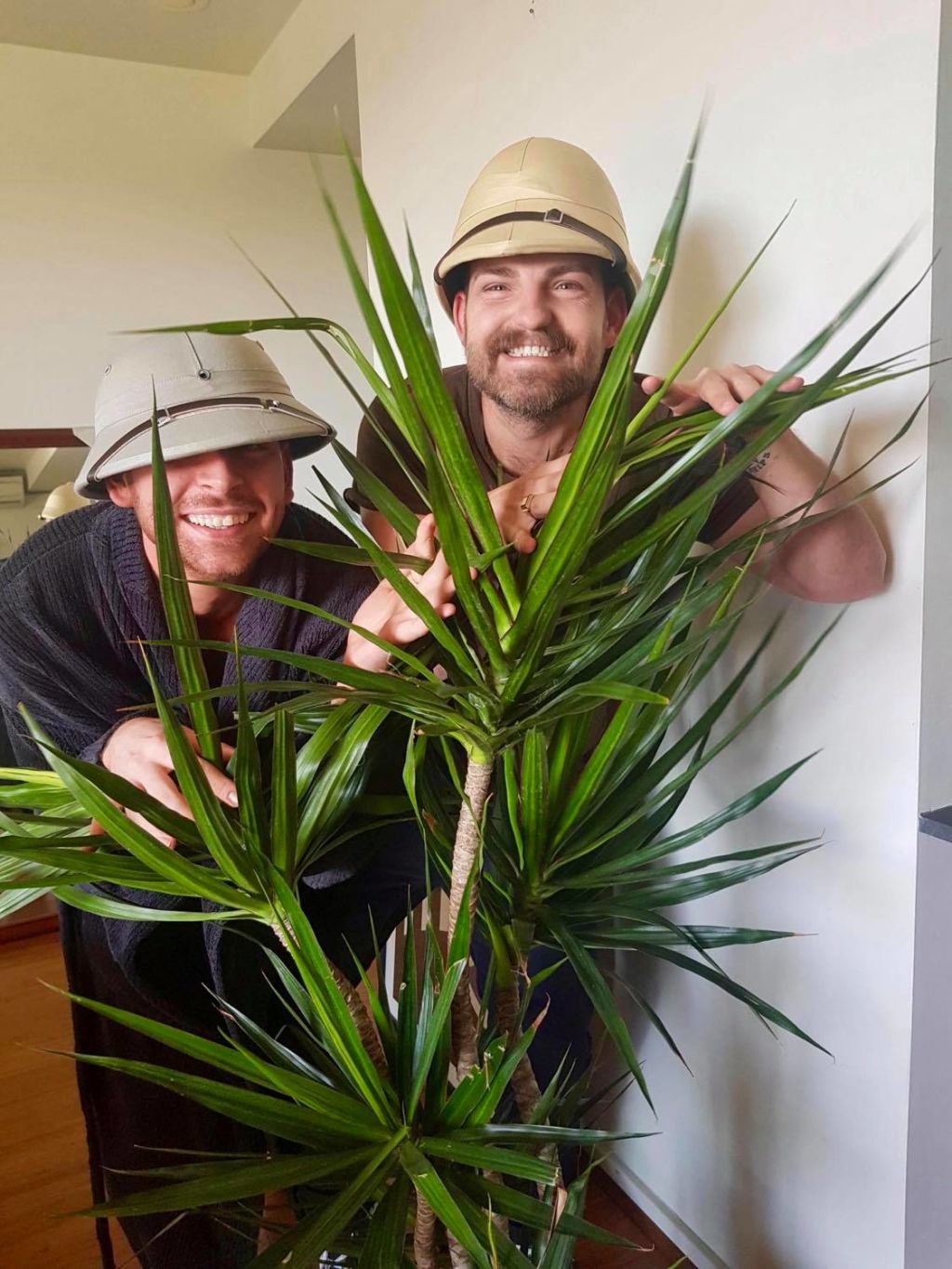
As for couples living alone together, Scott S, of Newcastle, NSW, who shares an apartment with his longtime partner, admits they had that Aussie “she’ll be right” attitude at first, up until the reality of it all became clear.
“When we first heard about COVID-19, it was only overseas, so it felt like there was nothing to worry about,” Scott say. “But we definitely got a rude shock when the PM addressed the nation, outlining the severity of the virus, and the imminent impacts it will have on the community at large.”
Being a popular barber in his local community, Scott is currently considered an “essential worker”, as the restrictions did not force a closure of his salon. However, he notes that the social-distancing rules make it impossible for him to do his job.
“The risks far outweigh the service needs, so I’ve been a little crafty and have made tutorial videos about self-grooming while in isolation for clients, which has helped me maintain my appearance, while staying actively engaged with my clientele,” he says.
With more time on his hands, like many others Scott has been glued to the TV, eager to absorb any updates. But he has since limited his news consumption, as he found it began to affect his mental health.
“Our household is child and pet-free so, in theory, this means having plenty of time for setting up a home gym, but in reality, we’ve been having ‘happy hour’ at any given hour, and between binge-watching RuPaul’s Drag Race and Tiger King, well, there really isn’t much time for anything else,” says Scott.
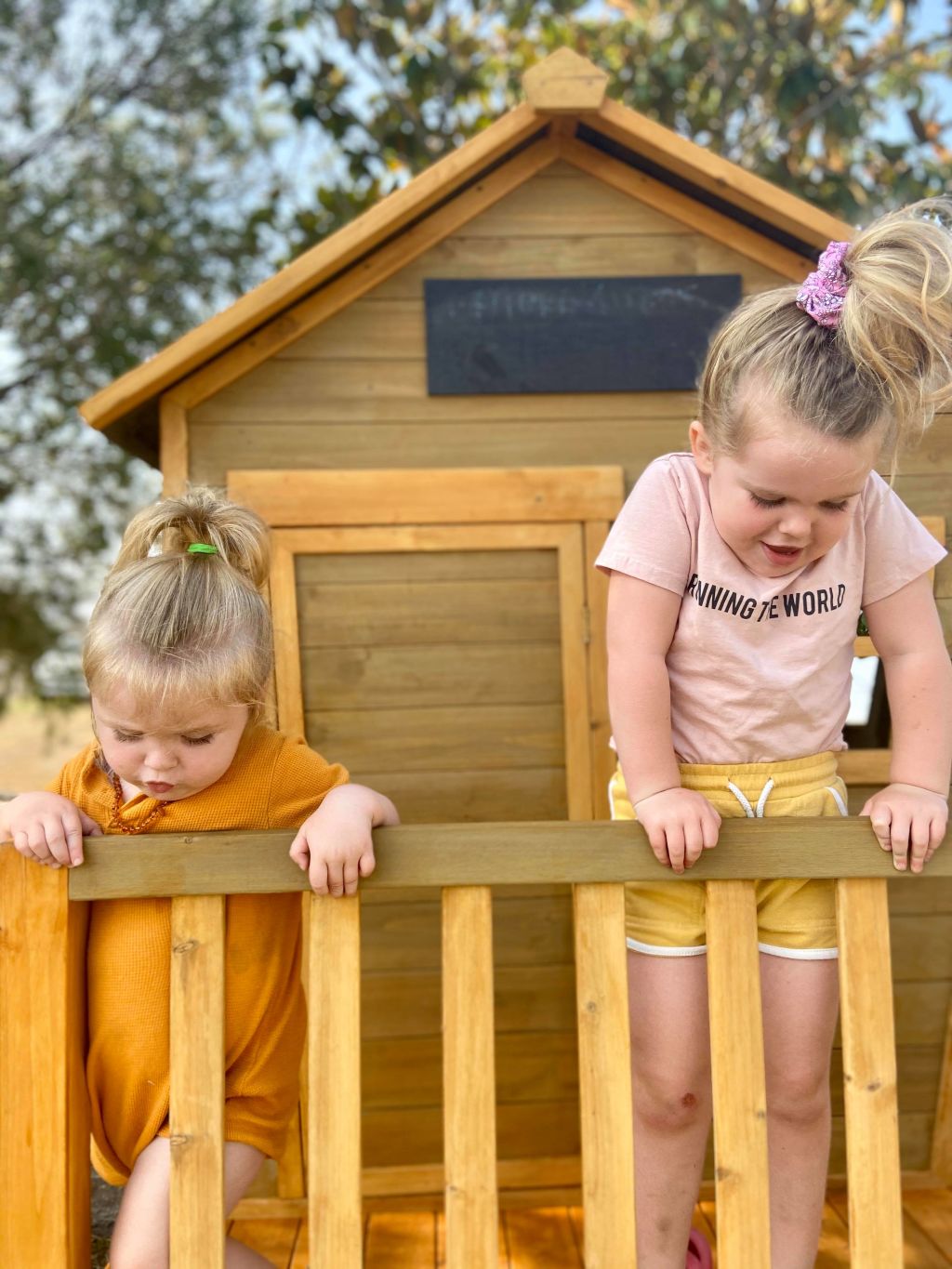
On a different note, Jessica S, of Soldiers Point, Port Stephens, shares how COVID-19 has had an immediate effect on her household, together with her husband and their two daughters, aged three and a half and two.
“I run a catering business, Sharp + Co, with my sister, providing gourmet grazing tables and platters for celebrations and corporate occasions,” says Jessica. “So given the restrictions placed on social gatherings and events, we decided to temporarily close, losing 80 per cent of our business due to clients either cancelling or rescheduling their bookings.”

And while Jessica’s husband is still able to earn an income through his electrical company, JRC Electrical Solutions, which continues to work on limited projects, she on the other hand has had to adapt quickly from running her own businesses to being at home full-time with the kids.
“I’ve had to find ways to explain to our girls why they can no longer play with their friends, go to daycare, swimming lessons, the park or beach, which has been hard, but for the most part they’ve been going about their business, enjoying activities at home, like painting, reading, and playing in the yard,” says Jessica.
“I can tell that they’re loving having me become more present, instead of always being preoccupied with work – which has really helped put things into perspective.”
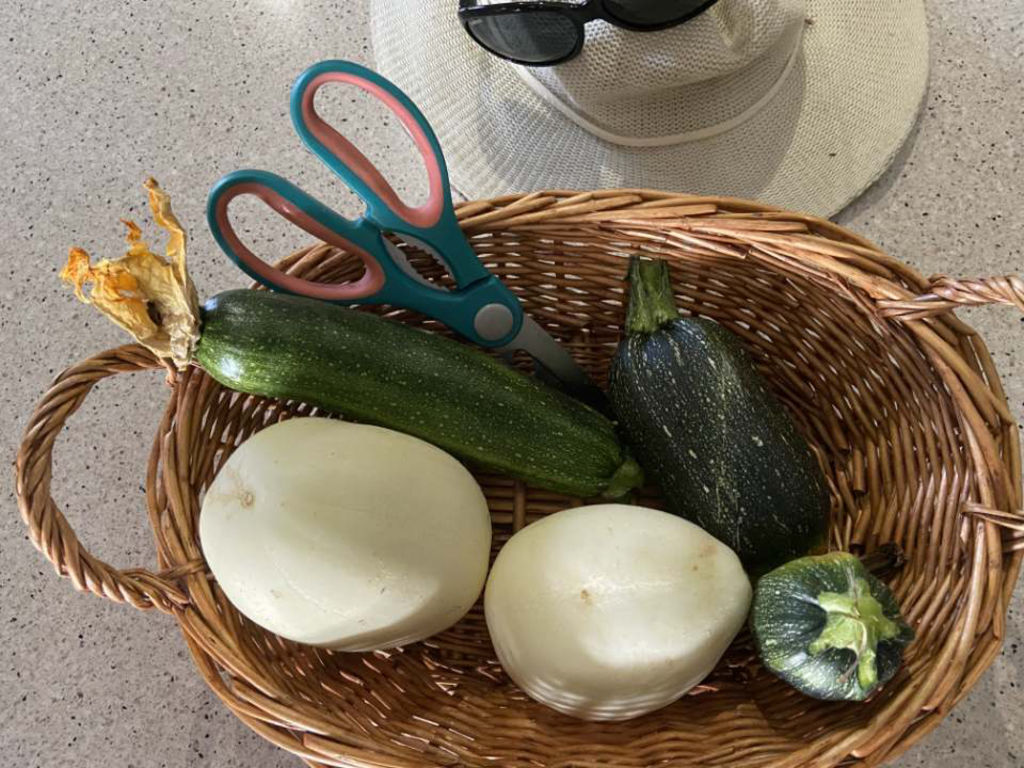
While indeed it’s our senior citizens who are most vulnerable during these trying times, it’s important to remember that there’s a lot to learn from their stories of resilience. Take 88-year-old Joan M of Birrong, Sydney, for example, who regardless of living on her own has kept relatively calm during these days of isolation.
“I’ve been thinking back to the war; when it started, I was eight years old, and it continued through until my teenage years,” says Joan. “At the time, I knew that whatever was on the table was what we had – and that was that.
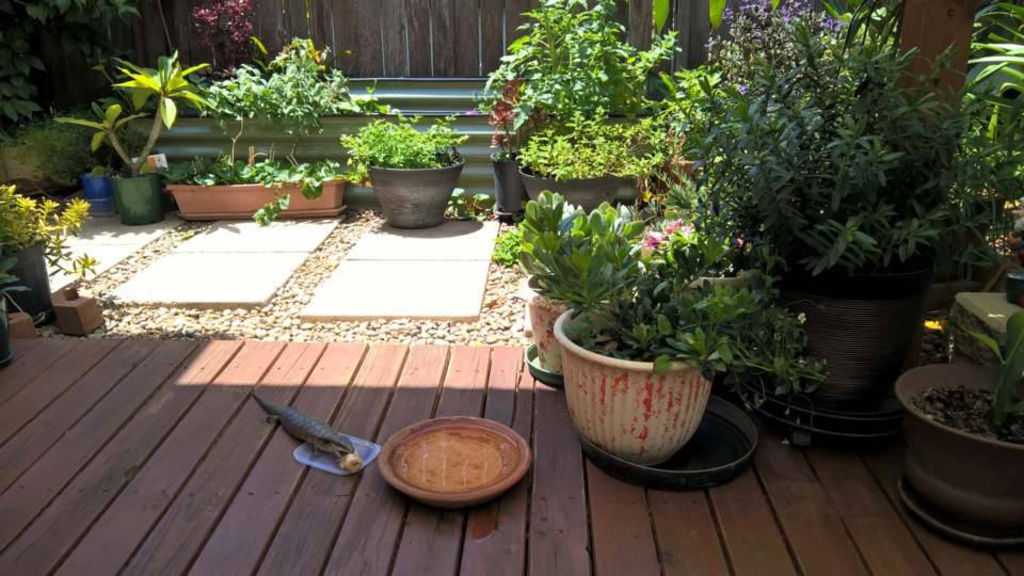
“I grow my own vegetables, plus my pantry is usually stocked with a lot of cake-making things, so I’ve got more than enough to get by,” she says. “As for toilet paper, I still haven’t bought any since all the drama, and I’ve got eight rolls left, which should be more than plenty for a good while.”
When asked how long she believes this will all last, Joan shares that “it might be springtime before we see any light,” in which case, she’s already begun practising her ukulele.
“Why not, I’ve got plenty of time,” she says.
We recommend
We thought you might like
States
Capital Cities
Capital Cities - Rentals
Popular Areas
Allhomes
More
